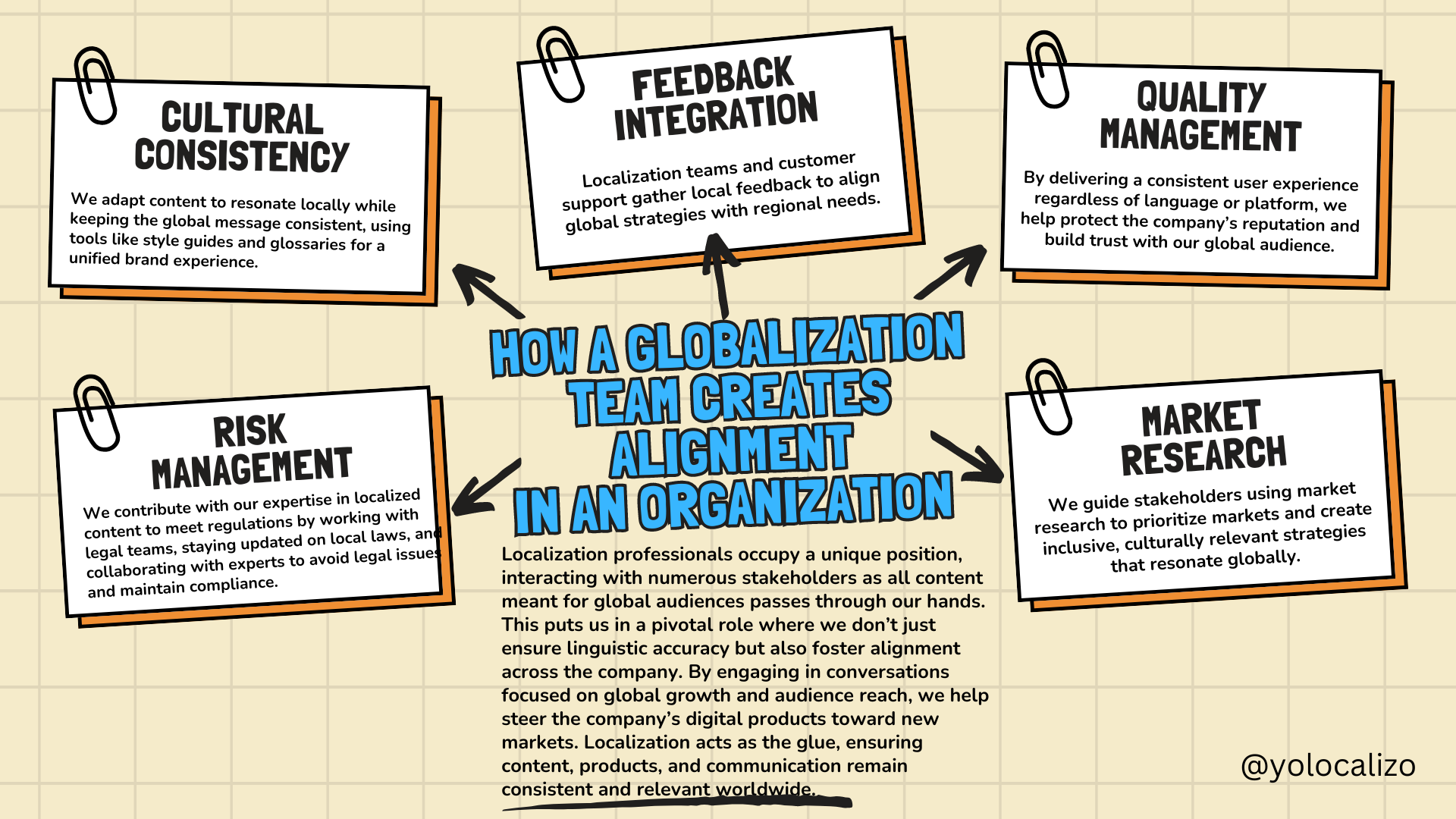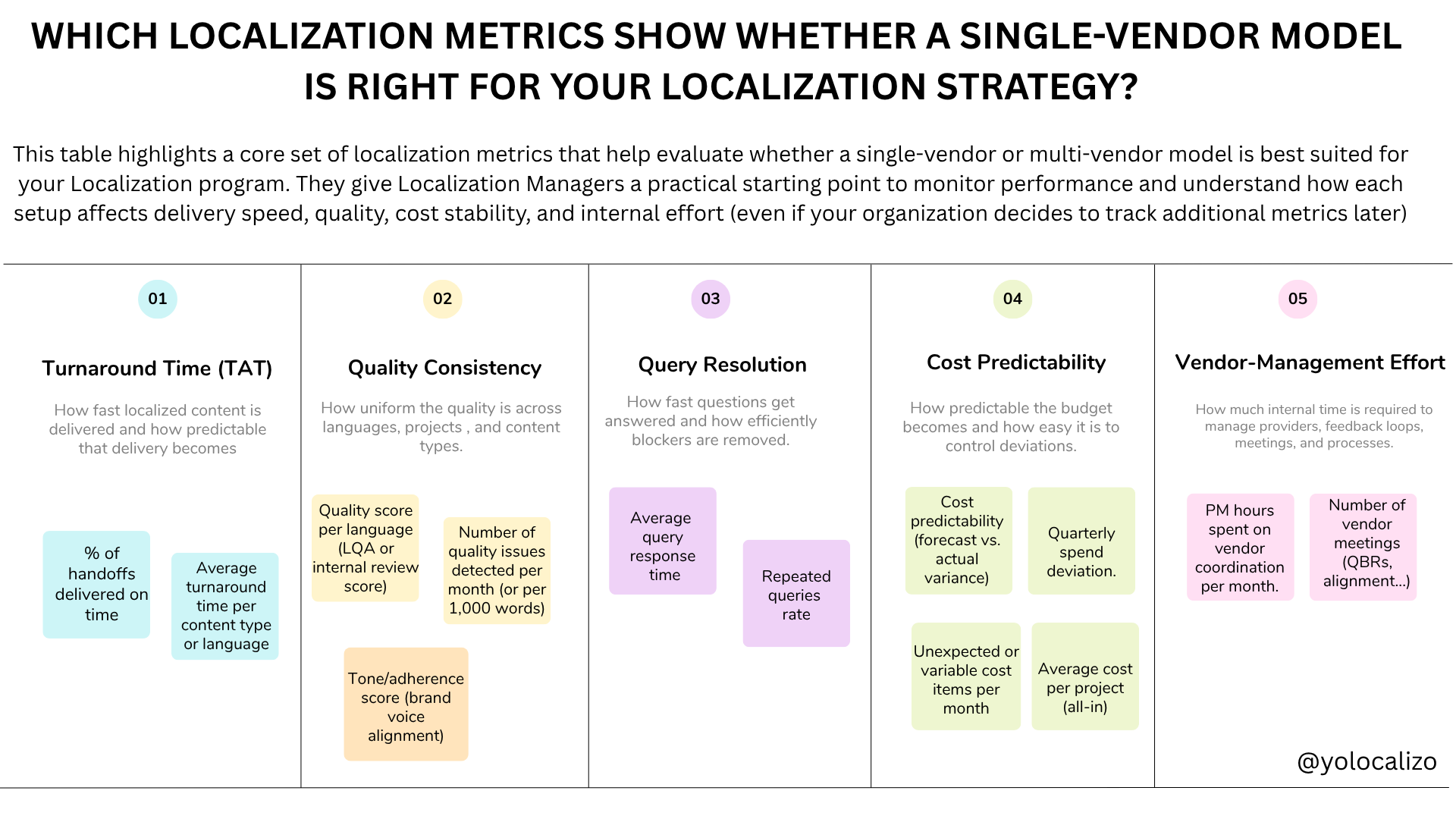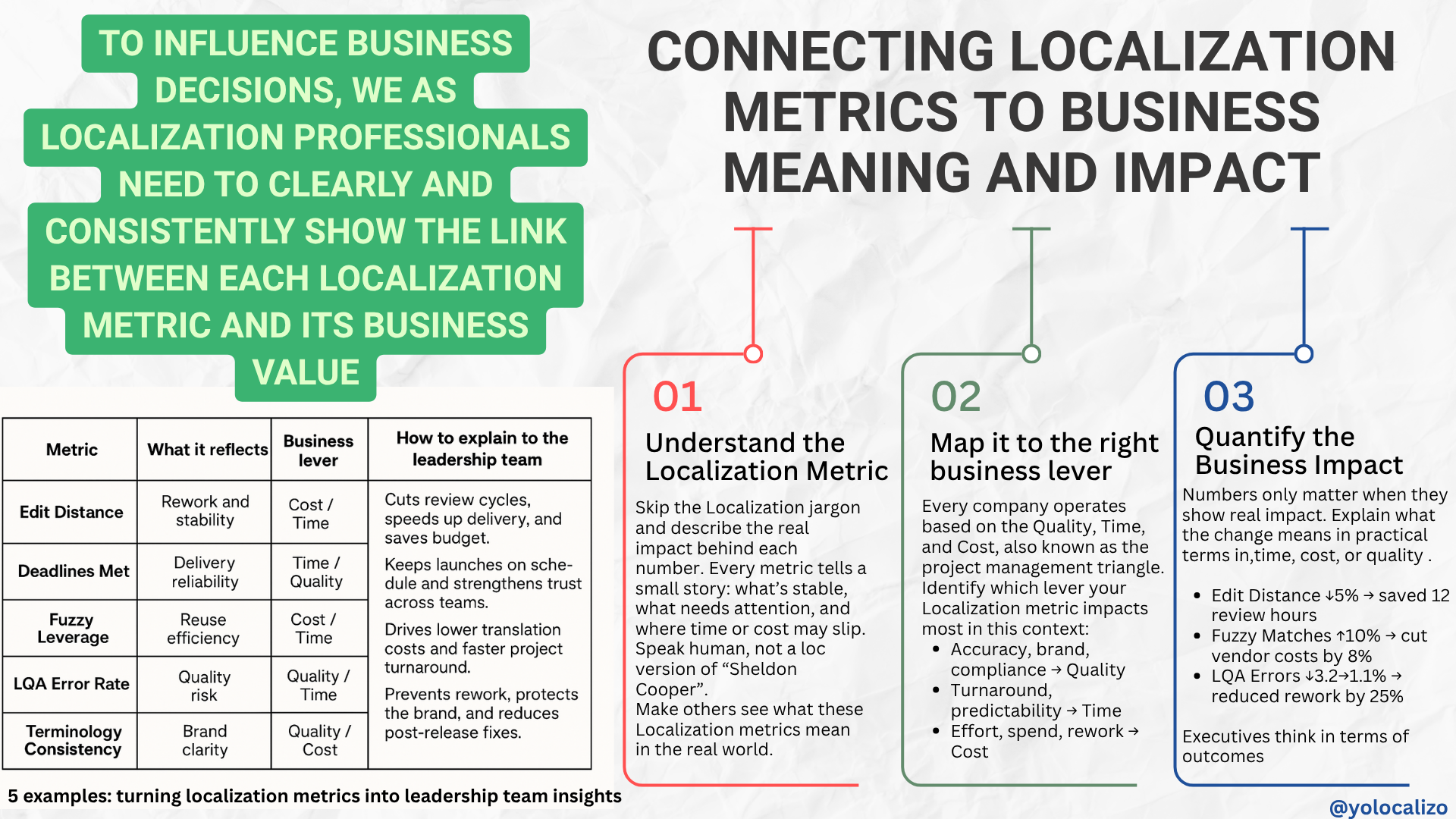What can a Language Service Provider do to bring value to a client’s organization?
The LSP-Client relationship is rather curious, it is clear that each client and each relationship is different, but the analogy with living as a couple can be quite close to reality. Living as a couple has moments of up and down, moments in which everything is wonderful and moments in which we would send our couple on a trip to the Himalayas without a return ticket.
Working in an LSP is not easy, I understand what it is to suffer the pressure of the sales margins, the last minute requests of the client, the doubts to say NO to a request for fear of losing the client, it is not an easy job. It never has been and never will be.
Nor is being on the client's side living in a bed of roses.
Contrary to what it may seem there are also enough friction points that can be tremendously stressful.
An internal Localization/Globalization team has to build one bridge in both directions, internally and with the vendors.
These internal g/localizers need to ensure that the localization process happens smoothly, they need to ensure the vendors have all that they need, and they need to ensure there are not friction points internally in the workflow. In a way, an internal localization team at the client-side is a kind of undercover LSP embedded within the company.
Frequently internal stakeholders do not understand easily the needs of the localization team, how they work or even the impact on business revenue.
After all, everyone understands English and those who do not know they can use Google Translate, right? (wink-wink)
The relationships are complex, but if we focus on the LSP- client relationship, the question I ask myself is …..
Does an LSP truly understand the needs of its client?
Well, that's what my post this week is about, I want to share with you some ideas that can help LSPs and customers understand each other better, and so love doesn't end and we can extend the honeymoon to the infinity and beyond!
Let's get ready to rumble!
At this point in my professional career, I have worked around 13-14 years as a localization specialist in different LSPs / MLV and another 11-12 years as an end customer.
Being almost half of my career on each side of the Localization industry has allowed me to see what are the challenges that an LSP or a client's face.
Click HERE to download the PDF so you can access the different links in the infographic
Here are 4 ideas to add value from an LSP to the client business, if you can think of more please comment below!
1. Get curious about client needs
I have never been a fan of service provider presentations in which there are many slides on their deck that explain who they are, where they are, their processes, how they work ...
I understand that a certain context is important, but I have been in RFP meetings in which the first 25 minutes from the meeting the LSP is talking about how handsome and great they are! Well, a certain level of self-esteem seems fine to me, but every time I see a slide and another slide and another on the vendors' deck in a meeting, I think it is a missed opportunity for the vendor to understand what the customer needs.
As the Dalai Lama said “ when you talk you are only repeating what you know ” for that reason one of the first actions an LSP can take to bring value to a client’s organization is to invest more time in knowing the needs of the client that in explaining the virtues of LSP.
Make your homework.
Get to know your client as much as possible.
Make an effort to ask relevant questions.
Get genuine curious about their goals and needs.
Ask them if they can share or describe their team goals (if it's not confidential ! ) And then take time to reflect on how your company might support your client goals.
All in all, ensure you are an active listener and that you listen more than you talk. Remember that we have 2 ears and 1 mouth for a reason ☺️
2. Educate your client
Some clients may be more familiar than others with the ins and outs needed to launch a product worldwide. But generally speaking, an LSP is in an ideal position to help a client understand what is possible and what is not possible, is also in an ideal position to make suggestions on how to work in a more effective way.
An LSP generally works with tens or even hundreds of clients; they've seen many things, they might be even considered replicants in a way 😂 and in that case, as the eternal Rutger Hauer from Blade Runner would say “I've seen things you people wouldn't believe"
A PM/Localization specialist has seen many many projects and faced many situations with great Localization challenges, and in many many cases, they find a way to overcome them.
It is very likely that some problem that the client is trying to solve has already been seen in the past by LSPs and for this reason, an LSP should not be afraid to educate its client and give suggestions on how to get better. The relationship must be a partnership, not order and command!
The best service that an LSP can provide to a customer is to anticipate problems and offer suggestions for improvement since it is something they probably already faced on other occasions.
A proactive LSP is a treasure.
3. Mirror your client
I have worked with certain suppliers in which it is the client that has to adapt to the vendor, adapt to his tools, his workflow, his potential limitations ... this approach is something that I personally do not like.
I believe that the vendors most loved by a customer are those who set up a team that mirrors the way the client works, with people in locations globally ensuring round-the-clock coverage, ensuring they accommodate project managers in the same time zones as we are.
LSPs that they have even adapted their sales reporting to our fiscal needs, vendors that make an effort to learn how our internal processes work, who operates them, what tools and infrastructure the company is using, what opportunities the company has in terms of technology development, and not least important, what budget is willing to invest in localization
4. Give suggestion for new opportunities/market
A good localization vendor might be a great ally to do more than understand your existing market, they might be able to anticipate new opportunities and changes within that market and they could even suggest ideas for business opportunities.
For example, they might know the upcoming holidays and events that could help us to increase monetization or attract more customers.
This behavior to anticipate the market is not only the proof of a vendor who knows what they are doing but also, it's sending us signal that the LSP is a committed partner to helping us grow and succeed.
Summarizing
Today clients expect from vendors more than just being " button-pushers ", or moving files around or update Translation Memories, all that is taken for granted and is not a differentiating factor.
LSPs that differ are those who really are taking the time in learning the nuances and needs of our different business units, understand where the company/team is heading, understand our painful areas and offer some solution to get rid of that pain
A piece of cake right? 🥳
Have a great week!
@yolocalizo














This feels like a pivotal moment. Localization teams are being asked to support more markets, move faster, use AI responsibly, and show impact, not just output. Expectations are higher than ever, but many teams are still trained mainly for execution. We are strong at delivering localization work, yet we often struggle to move from output to outcome and to clearly explain the impact of what we do.